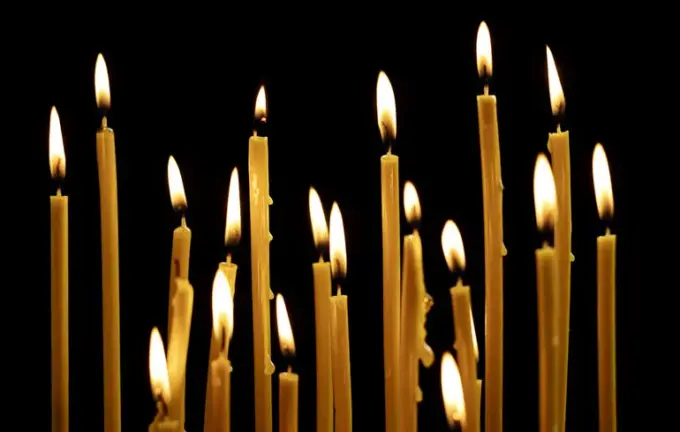The Day of the Unmercenaries and Wonder-Workers Kyivan and Demyan: History, Traditions, and Restrictions

Every year on November 1st, Eastern Orthodox Christians in Ukraine celebrate a significant religious holiday — the Day of the Unmercenaries and Wonder-Workers Kyivan and Demyan.
This ancient feast has a rich history and deep traditions passed down through generations.
Saint Kyivan and Demyan, born in the 3rd century in Arabia, were renowned physicians who provided free medical aid to all, especially the poorest.
According to folk legends, they were called unmercenaries because they refused to accept payment for their healing services, emphasizing that medicine should be accessible to everyone.
They actively cared for the sick, encouraging them to embrace Christianity and promoting love for neighbor and God.
During the persecutions of Christians under Emperor Diocletian, the saints were arrested and executed by order of Prefect Lisius.
Legend recounts that they endured brutal tortures but remained unharmed — unaffected by fire, water, air, and even crucifixion.
After their martyrdom, miracles were reported at their graves, and the site became a center of healing and hope.
A church was built in their honor, and later, by order of Emperor Justinian I, a cathedral was erected in Constantinople, which became a popular pilgrimage site for the sick and faithful.
In Ukrainian tradition, this day is marked by restrictions: heavy physical work such as cleaning, sewing, or laundry is avoided; sharp objects should not be used; lending money is prohibited; and verbal conflicts, gossip, or swearing are also forbidden.
These customs aim to preserve peace and spiritual harmony within families and communities, with the saints’ intercession believed to protect against evil and illness.

